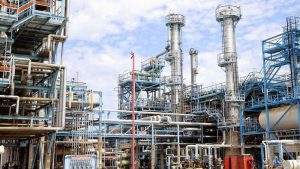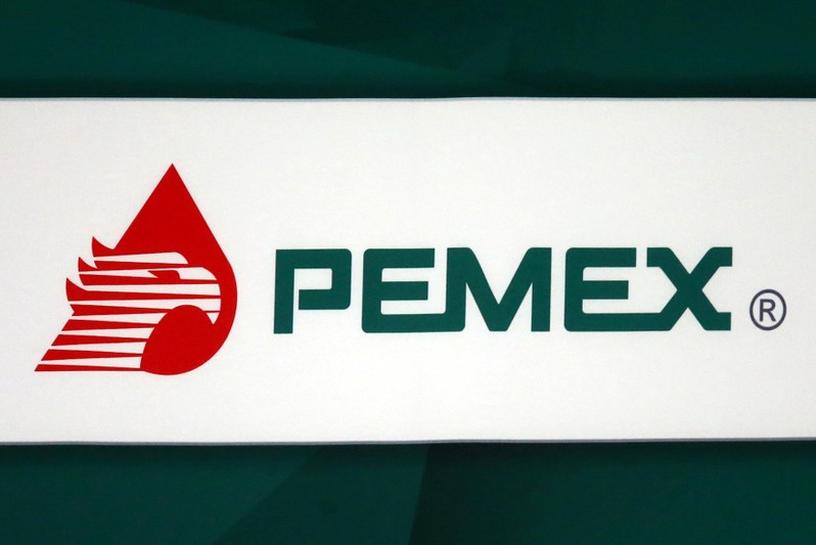
Lagos — Nigeria is likely to achieve a combined oil refining capacity of 1.5 million barrels per day, mbd, by 2025, according to the Executive Secreary of the Nigerian Content Development and Monitoring Board, NCDMB, Engr. Simbi Wabote.
This, he said, will happen given the various refinery projects in the country, whose output, on their take off, will together with the existing 445,000 barrels per day capacity from the Kaduna, Warri, and Port Harcourt refineries, push the national production to 1.5 million barrels per day.
Wabote, who spoke in Abuja at the 3rd Biennial International Conference on Hydrocarbon Science and Technology, organised by the Petroleum Training Institute, PTI, listed the projects that will contribute in pushing up the refining capacity to include the 650,000 barrels per day Dangote Refinery, Bua Group Refinery project, Waltersmith Modular Refinery and Duport Midstream Refinery.
Others are OPAC Refinery, Edo Refinery, Aradel Holdings Refinery as well as the existing Kaduna, Warri, and Port Harcourt refineries.
The realisation of these projects would culminate in Nigeria achieving a combined refining capacity of approximately 1.5 million barrels per day by 2025, the NCDMB boss said.
Besides the rise in refining capacity, Wabote affirmed that the Nigerian oil and gas industry was seeing positive trends and growing across several other fronts despite reduced investments due to the global quest for cleaner energy and divestments of some onshore and shallow assets by some international oil companies.
He pointed positive trends in the industry to include the growth of oil reserves, gas production, gas utilisation, and skills acquisition, maintaining that they “portend great opportunities for the future of the oil and gas industry in Nigeria.”
He suggested that the manifestation of these trends could lead to Nigeria achieving zero crude oil export and becoming a gas-powered economy, which translates to the socio-economic development of the nation.
According to him, achieving zero crude oil export would mean that Nigeria fully refines all the oil produced from its fields and exports excess refined products, noting that the impact on in-country value addition will be massive on the country’s gross domestic products, GDP.
Wabote expressed optimism that with the various refining investments, which is expected to push the national refining capacity to 1.5 million barrels per day, the country would be able to attain the zero crude oil export target.
Dwelling on the growth trends in gas, the Executive Secretary stated that Nigeria’s proven gas reserves stand at 208.83 trillion cubic feet, TCF, although the nation’s gas production had dropped from an average of 4.8 billion standard cubic feet, bscf, per day in 2020 to 4.3bscf/day in 2022.
He stated that the renewed focus on gas production and utilisation of gas within the declared Decade of Gas programme, coupled with the various upstream and midstream gas development projects would turn the tide and lead to a 50% increase in the volume of gas that will be produced and utilised in-country. Some of the projects on the cards include H-block gas development projects; Nigeria liquefied natural gas, NLNG, Train 7 project; UTM Offshore Limited’s Floating LNG project; and other mini-LNG and compressed natural gas, CNG, projects.
This envisioned outcome, he said, would lead to the nationwide adoption of gas for power generation, domestic cooking, autogas, and utilisation in methanol, fertiliser production, and other industrial applications, with Nigeria harnessing the vast potential of its natural gas reserves.



